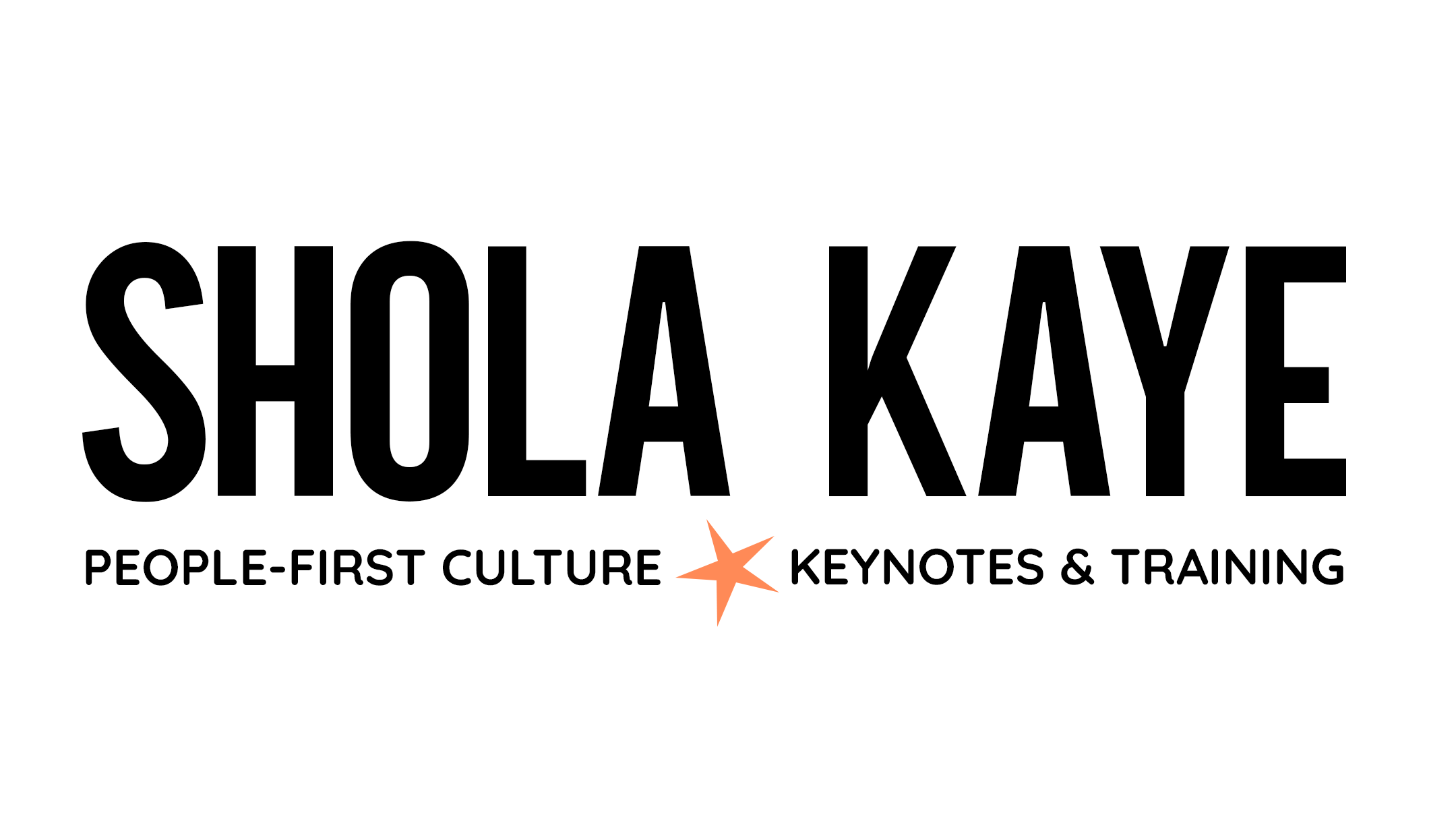Public Speaking – GET YOUR VOICE HEARD IN DIFFICULT SITUATIONS – Shola Kaye
This is an AI generated transcript so please forgive any errors and spelling mistakes.
Hello everybody and welcome to another episode of Shortcuts to Public Speaking Success and also to my video blog. My name is Shola Kaye. I’m a communication specialist based in London and with clients around the world.
I’m very excited today to have a little something different for you. Some of you may not know that I also have talks and deliver consulting on Empathy in the Workplace because I feel that it’s all communication. Especially with the background that I had in the workplace initially, where I was in a situation where I thought I was kind of not included with what was going on around me, I think it’s particularly important to focus on empathy, listening skills, and everything that goes with it. As well as the communication where we’re actually delivering a message to others.
Today I’m very excited because I have a consultant with me and she’s going to share some information about how we can speak up in the workplace when perhaps we’re under fire or we’re under pressure. The way that I met Baljit, who I’m going to introduce in just a moment, was I was writing an article for HR zone on empathy at work and Baljit saw that and got in touch. Here we are just a few days later running this podcast together so super exciting.
I’m going to tell you a little bit about Baljit. Baljit helps companies design a diverse workforce and inclusive cultures achieving excellence in diverse employee attraction, engagement, and retention. She’s delivered a range of innovative training and consultancy interventions with particular expertise in unconscious bias, dignity at work, inclusive leadership, inclusive recruitment and talent management workshops. She’s also on various boards (she belongs to various groups). She’s very eminent and I’m very excited to have her here today.
***
Shola: Baljit, thank you so much for coming on the show
Baljit: thank you very much for having me Shola. I’m really pleased to be sharing my insights with yourself.
Shola: super, well as I mentioned before this is something a little different for me and for my audience. First of all, having guests on the show and then also moving more towards this work on inclusive leadership, talent management, diversity. So I’m looking forward to sharing your insights with my audience and we’re going to ask you a few questions. Of course, you know, feel free to go where you’d like to with this interview. As I mentioned, public speaking it’s not all about being prepared or standing up in front of an audience, getting yourself ready. Sometimes we’re in the workplace, we might be facing difficult situations in front of a group, or perhaps it might even be a Q&A and there’s some hostile people in the audience. I’d love to hear from you what your advice is for people regarding standing up for themselves or dealing with tricky situations like that, that they perhaps didn’t see coming or they feel a bit blindsided.
Baljit: I think the point that you’ve just started off with there Shola in terms of that “speak up culture” it’s really what organizations need to aim for. How do they develop cultures in which are inclusive? And what do we mean by inclusive cultures? Well, a key indicator of an inclusive culture is whether people feel that they can speak up. So be it your situation that you’ve just described there that you’re under pressure, you know, somebody’s landed something on to you and you now need to respond. Or be a speak up culture where you feel that you’re being undermined or being devalued (which is generally the experience that people share with me when I work with organizations) or they’ve received inappropriate comments or behaviour towards them and they need to basically be able to speak up. And so that’s a common issue that I come across in organizations is how do we develop speak up culture? Essentially what we’re saying there is do we have trust? which is the bedrock in order for people to feel confident in speaking up…
***
Listen/watch the full interview with Baljit to learn about how to foster inclusiveness in the workplace, applying transactional analysis principles for effective communication, the importance of understanding individuality and personal experiences in organisations to build a good culture and more. She also mentions the work of Alan William, which you can check out at www.servicebrandglobal.com/31practices
Find out more about Baljit’s work at www.innateconsultancy.co.uk
***
P.S. Whenever you’re ready… here are 4 ways I can help you improve your speaking or grow your business:
1 – Get my free guide – 5 frameworks to ace a short speech.
Create a speech stress-free and fast. Make it work every time.
2 – Connect with me on LinkedIn.
3 – Do you need a speaking workshop or communication seminar for your organisation? Get in touch.
4 – Looking for an engaging speaker for your next event? Find out more.
